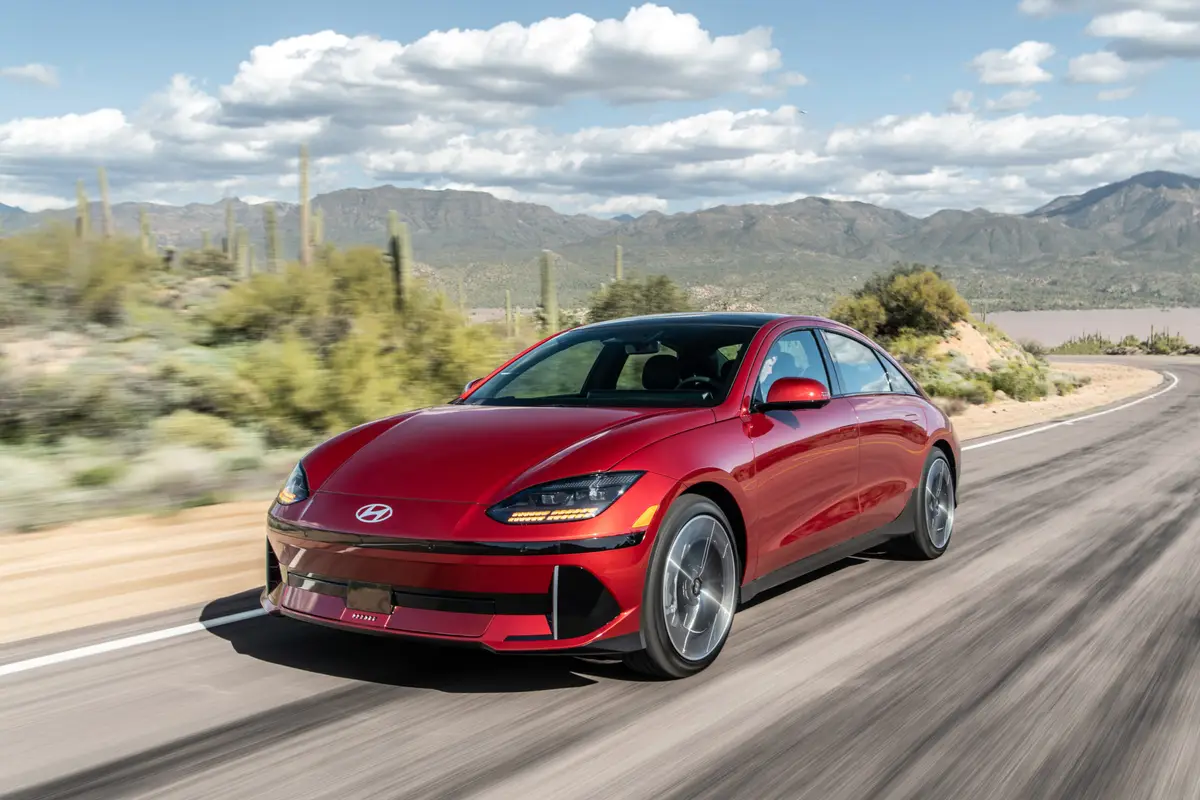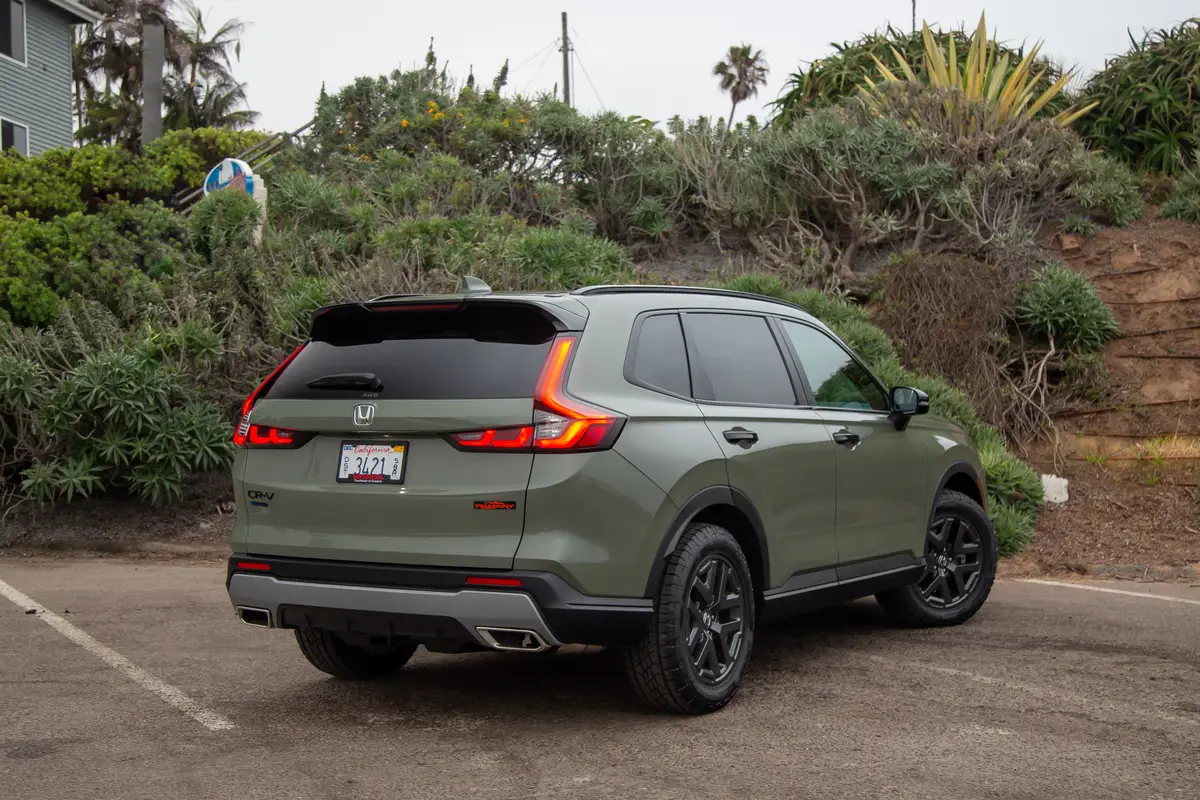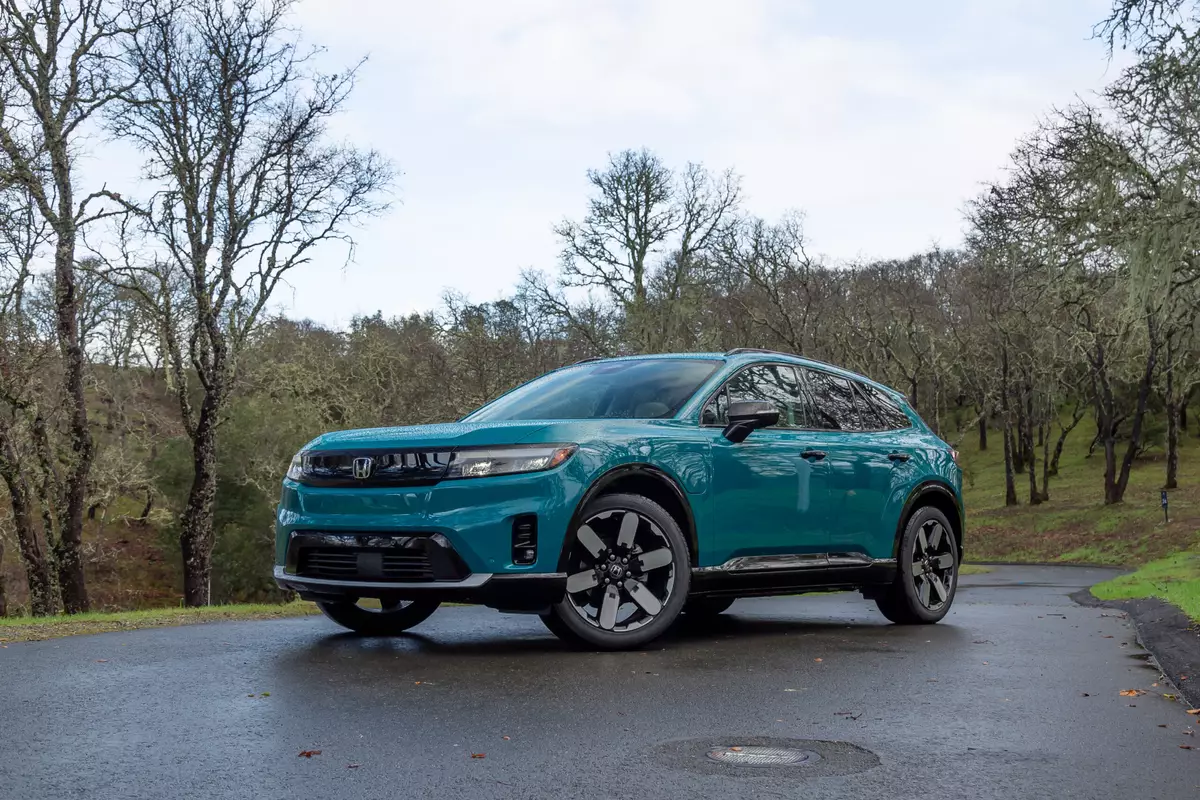washingtonpost.com's view
CORNWALL, N.Y. It was motorized epiphany, the sudden realization that the seemingly impossible is possible. We can have power, fun in driving and fuel efficiency. All we need is money — in a rounded sum, at least $44,000. But it’s worth it, the 2011 BMW 335d sedan.
After several hundred miles of driving, mostly in my resident state of Virginia, I believe the 335d is the best midsize sedan ever. That’s “best” as in better than any midsize sedan I’ve driven in 42 years of driving and driving nearly everything there is to be driven.
It is praise bordering on hyperbole, worthy of reader derision. But I ask you to withhold judgment until you’ve driven this one yourself, an experience enthusiastically recommended here.
Is there any midsize sedan anywhere that delivers so much torque — the twisting force on the drive wheels (rear, in this case) — so smoothly? Va-whoppemm-voom! That’s the way it feels — 425 foot-pounds of torque generated at 1,750 revolutions per minute by the 335d’s twin-turbocharged, 3-liter in-line six-cylinder engine, which also packs 265 horsepower.
I’ve never felt anything like it in what otherwise passes for a family car, certainly not in anything that also gets a respectable 36 miles per gallon in highway driving.
I was gobsmacked, so much so that I ignored everything else in my Virginia driveway, including a gasoline-powered 2011 MazdaSpeed3 originally scheduled for this week’s column.
I’ll get to the MazdaSpeed3 in a later column. But now I must pay tribute to my addiction to advanced diesel engines, which are about 30 percent more fuel-efficient than their gasoline counterparts.
In full truth, diesel has an advantage over gasoline that speaks more to fuel conservation than it does to money saved by the consumer.
Diesel engines usually are more expensive than gasoline models. The $43,950 base price of the BMW 335d, for example, is $3,350 more than that charged for the gasoline-fueled BMW 335i. And in the United States, ultra-low-sulfur diesel fuel, which is required for modern diesel engines, also costs more than gasoline. In late August on the East Coast, for example, ultra-low-sulfur diesel was priced at $2.95 a gallon compared with $2.64 a gallon for regular gasoline, according to the U.S. Energy Information Administration.
Still, the driving beauty of advanced diesel engines, featuring direct-fuel-injection technology, overwhelms all. That’s especially the case in the 335d, where BMW offers an improved turn on the direct-fuel-injection theme.
In other cars, fuel is injected via nozzles before cylinder intake valves. In the 335d, the fuel is injected directly into each of the car’s six cylinders, thereby increasing fuel efficiency, power and torque, and providing a more complete burn of the fuel used. The latter attribute, in combination with advanced exhaust treatment, yields lower tailpipe emissions.
Viscerally, for driver and passengers, the experience is this: At ignition, there is a throaty rumble, a tad more pronounced than heard in a comparable gasoline-fueled car. But there is nothing noisily offensive about it. Nor is there any traditional “diesel smell” or dark exhaust smoke.
The car feels a tad slow moving from “start.” But, whoa! Va-whoppemm-voom! The torque gathers up and does its thing and launches the 335d forward with such gleeful force you want to drive it forever.
We want this one back. That includes me and my two able associate contributors to this column, Ria Manglapus and my wife, Mary Anne. Heck, we like this one so much we’re willing to lease it at our own expense for long-term use. Let’s make a deal, BMW. Let’s make a deal!
Latest news



